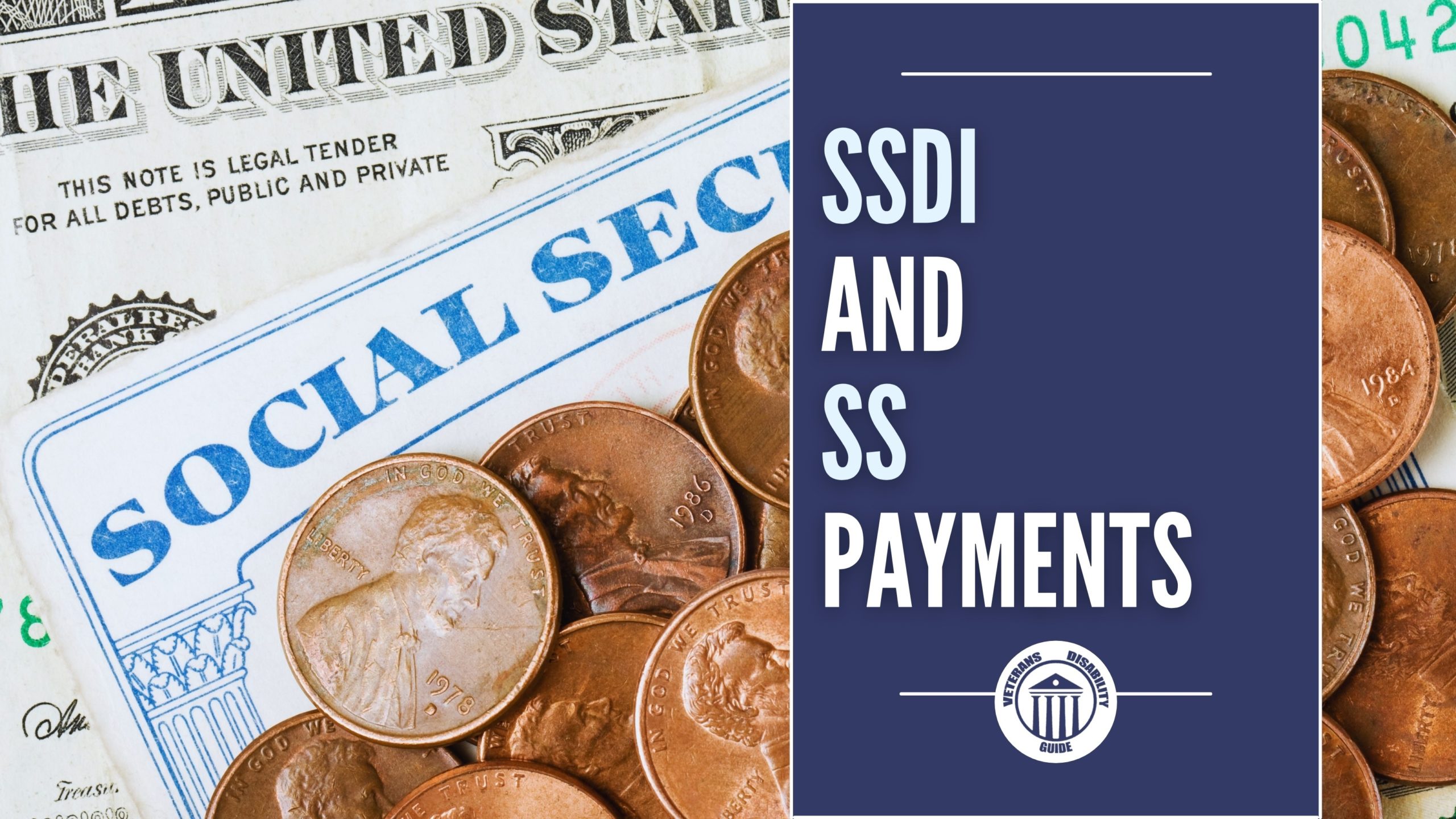
12 Nov SSDI & SS Payments
There are many questions and concerns that come along with those who have started receiving disability payments and are nearing their Full Retirement Age or FRA. With so much information provided online, sometimes it can become very confusing on what actually is true and what you should know when you are in a situation as such. Here we will break down what to know about SSDI and nearing your FRA for Social Security Benefits.
According to the Social Security Administration, your retirement age would be 66 years and 10 months if you were born in 1959 and if you were born in 1960 and any year after, your full retirement age would be 67 years old. Depending on whatever age your full retirement age is, this is where you will be able to receive the full benefit amount that you are qualified for. The earliest in which you can start receiving Social Security benefits is age 62, but your benefits will not be the full amount since it is not your FRA.
If you are currently receiving disability benefits and you get to the age of 62 and your current disability benefits are higher than the Social Security benefits you could be receiving, obviously it would be better to not change anything since you are receiving a higher monthly compensation through SSDI. With this in mind, once you reach 67 years of age, this is where you would want to make this transfer to Social Security benefits because your disability monthly compensation will stop at this age.
If possible and you can manage to wait till the age of 70, you then can have higher payments than if you were to claim your benefits at age 67. This however can be difficult if you are not able to manage your benefits and assets correctly.
The Social Security Administration keeps track of how much you earn each year as well. Then, your benefit is calculated based on the 35 working years when you earned the most money when you retire. (Your past wages are indexed to bring them in line with current wage levels.) To get an idea of what your benefits might be when you retire, use the Social Security retirement estimator tool.


